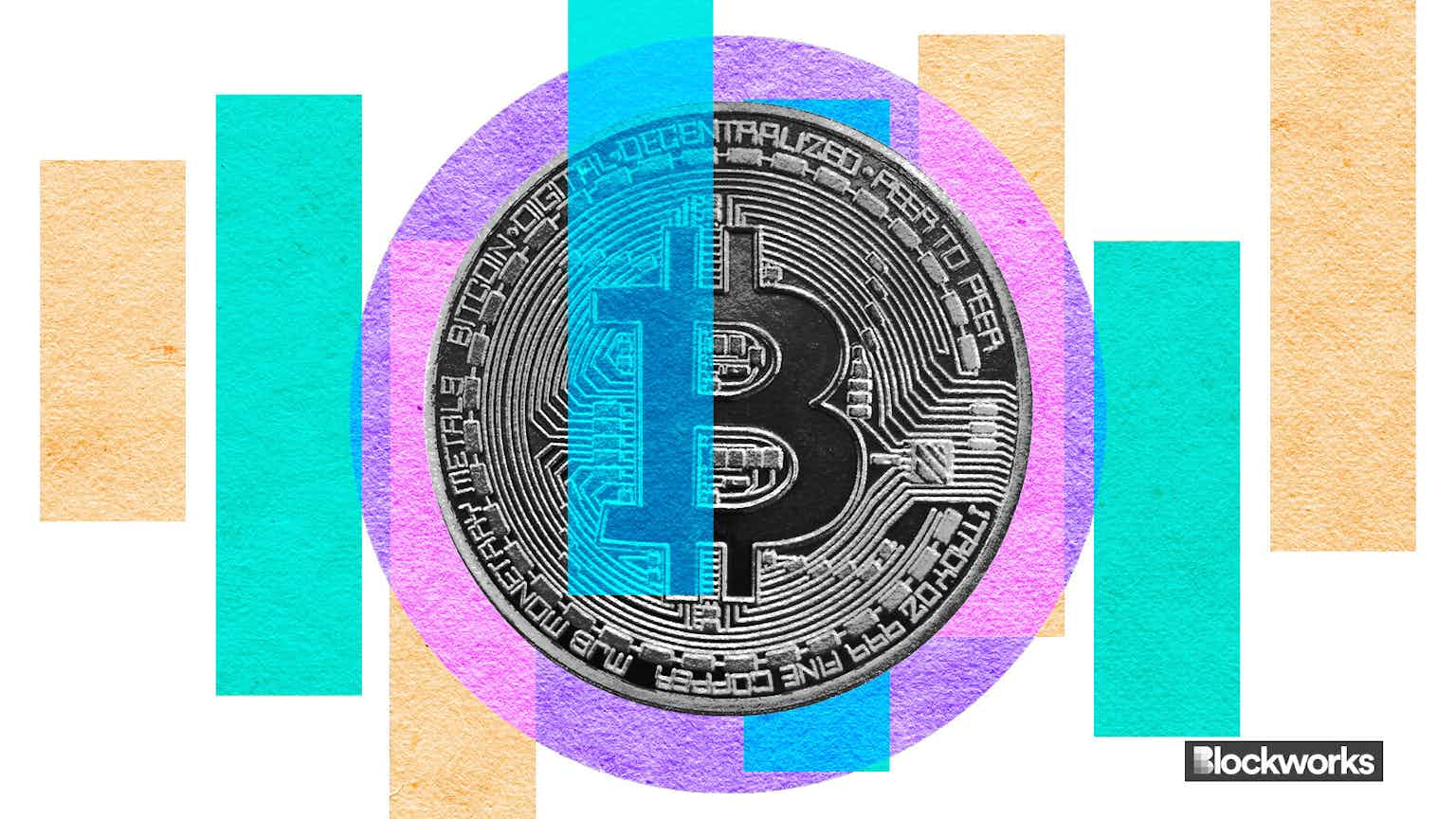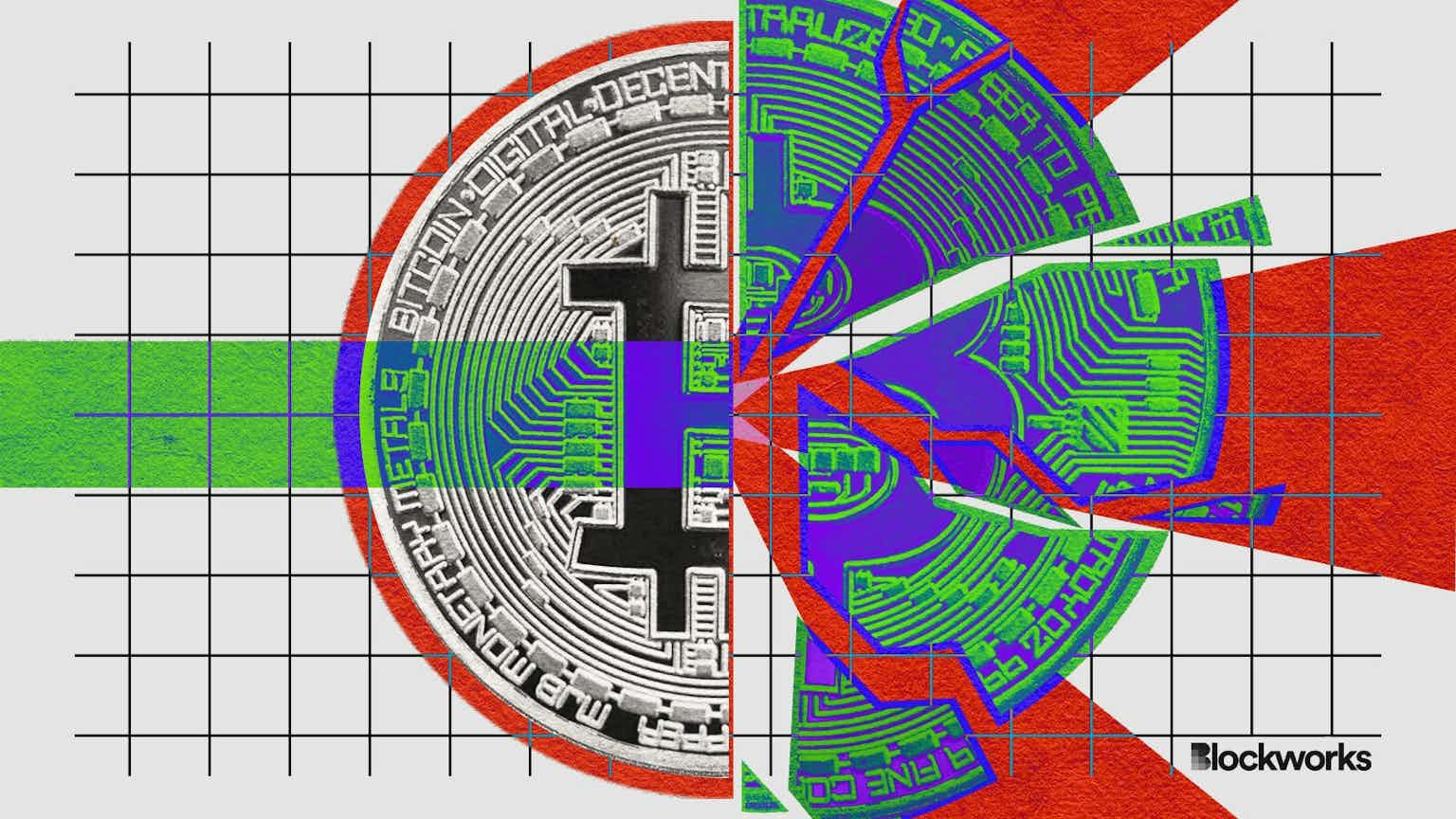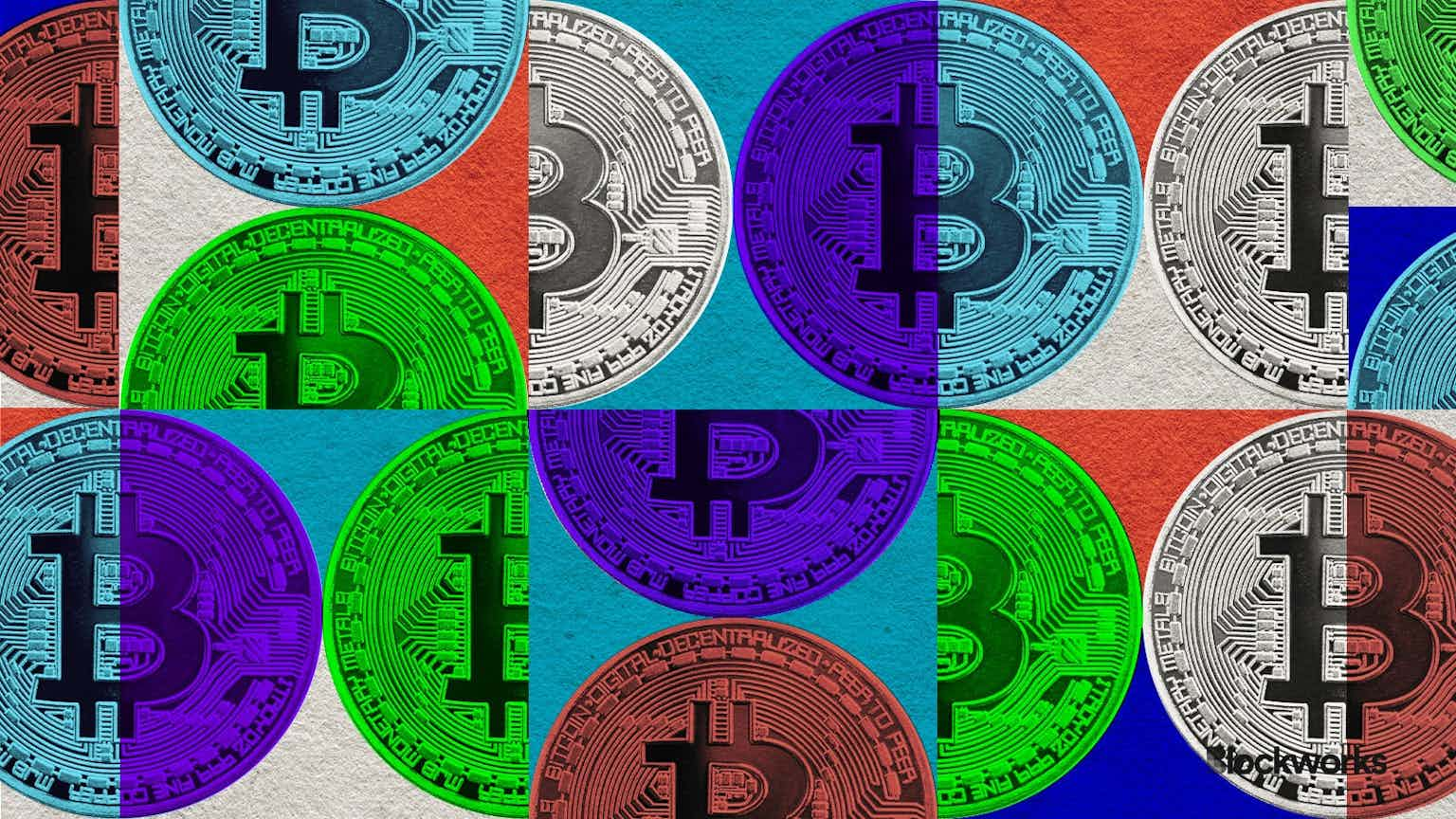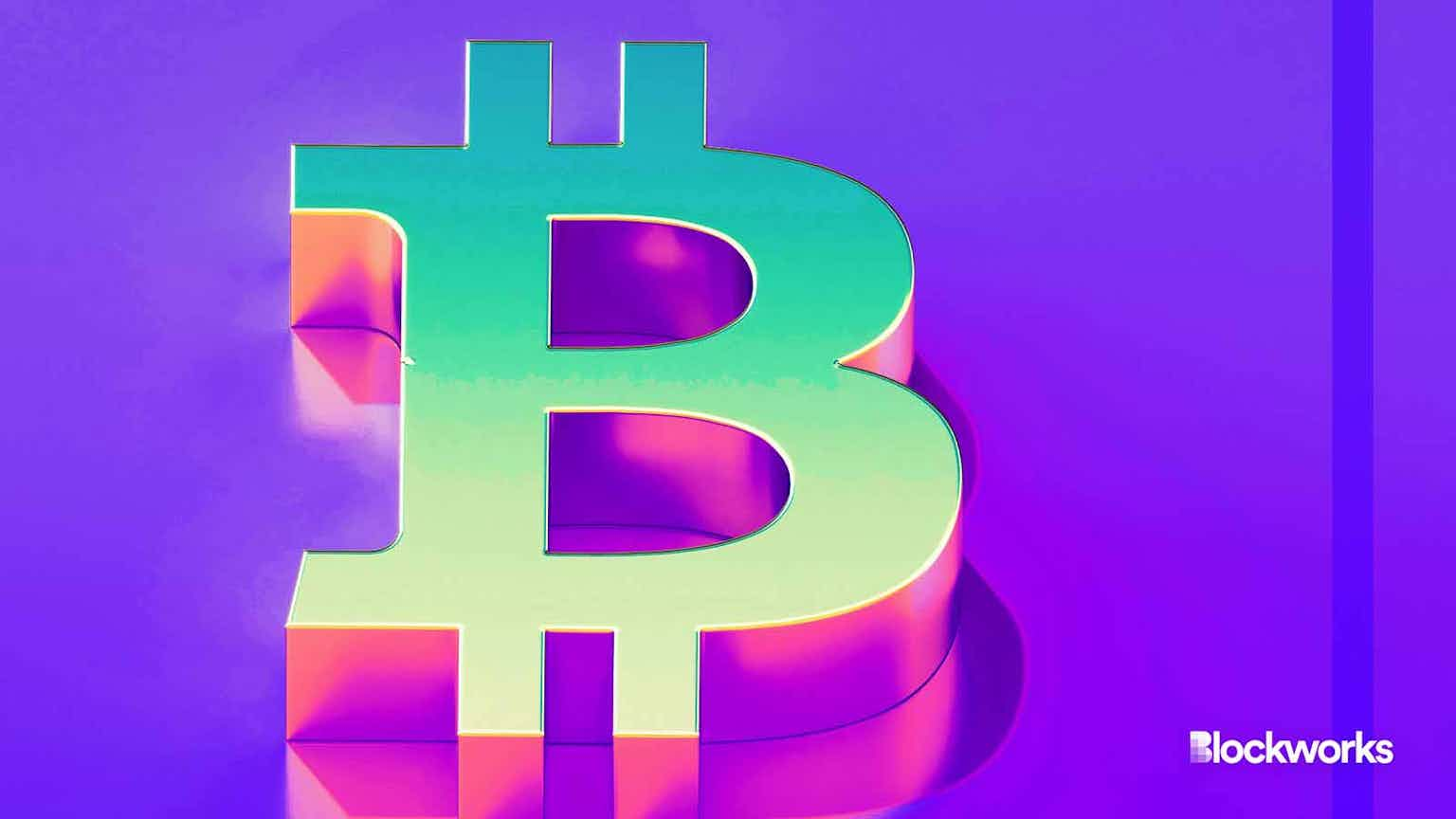Why Did Luna Classic’s Price Surge in the Past Week?
LUNC market capitalization briefly hit $4 billion on Thursday

Luna token
key takeaways
- The Terra community approved a proposal introducing a 1.2% tax rate on every transaction
- A community pool requested more than 19.5 million LUNA for an airdrop for users who didn’t receive a proper allocation of the token when Terra 2.0 launched
Luna Classic (LUNC), the native token of the notorious Terra blockchain that imploded in May, has gained about 116% in price over the past 7 days, according to data compiled by Blockworks.
The cryptocurrency briefly hit a market capitalization of $4 billion on Thursday, making it temporarily worth more than Cosmos’ token ATOM. At its peak in April, the original LUNA market cap was about $41 billion.
Luna Classic developer teams have migrated to Terra’s relaunched version or other blockchains such as the Polygon and Cosmos ecosystems, and serves primarily as a speculative meme coin, yet its market cap is currently about three times that of the new LUNA tokens.
The price of LUNC likely surged due to the community passing proposals 3568 and 4159, Bobby Ong, the co-founder and chief operating officer of CoinGecko, told Blockworks. These proposals re-enabled delegation and staking on the blockchain and introduced a 1.2% tax rate on every transaction.
“Proposal 3568 was first introduced on [June 30] and this has corresponded to a roughly 4x increase in LUNC price as the proposal got closer to implementation,” Ong said. “The 1.2% tax is expected to go live on block height 9,475,200,” estimated to be Sept. 20.
The 1.2% tax will be applied to on-chain transactions — excluding internal centralized exchange trades — and is expected to reduce the supply of LUNC, which has expanded significantly since the May crash.
“Traders are excited [about] the prospect of this and have punted on this supply reduction plan. That said, it still remains to be seen if the price increase and market cap is sustainable as many traders are still scarred from the previous collapse,” Ong said.
The Terra community governance also approved a separate proposal to reward Luna Classic holders. A community pool requested more than 19.5 million LUNA for an airdrop for users who didn’t receive a proper allocation of the token when Terra 2.0 launched.
Eligible users will have a month between Sept. 4 and Oct. 4, 2022 to claim their airdrop. Any LUNA left at the end of the period will be returned to the community pool.
Despite several attempts to increase the value of LUNC and fix its reputation, the cryptocurrency’s price will likely remain extremely volatile. Funding rates on perpetual futures markets are wildly negative, meaning traders are paying dearly for the privilege of shorting the cryptoasset.
The pseudonymous Route 2 FI, a researcher at crypto index Alongside, said on Twitter that “this market is nothing but irrational and crazy.”
Many are critical of Terra blockchain’s revival attempt after its algorithmic stablecoin TerraUSD dramatically depegged from the US dollar — leading to a crypto industry meltdown and the insolvency of multiple crypto lending firms.
“It’s simultaneously amusing and sickening how you’re carrying on with a new network as if nothing happened,” pseudonymous Terra critic FatManTerra said on Twitter.
“All of the UST fraud being blissfully ignored. This tactic won’t work. We remember what Terra really was,” he said.
Don’t miss the next big story – join our free daily newsletter.





